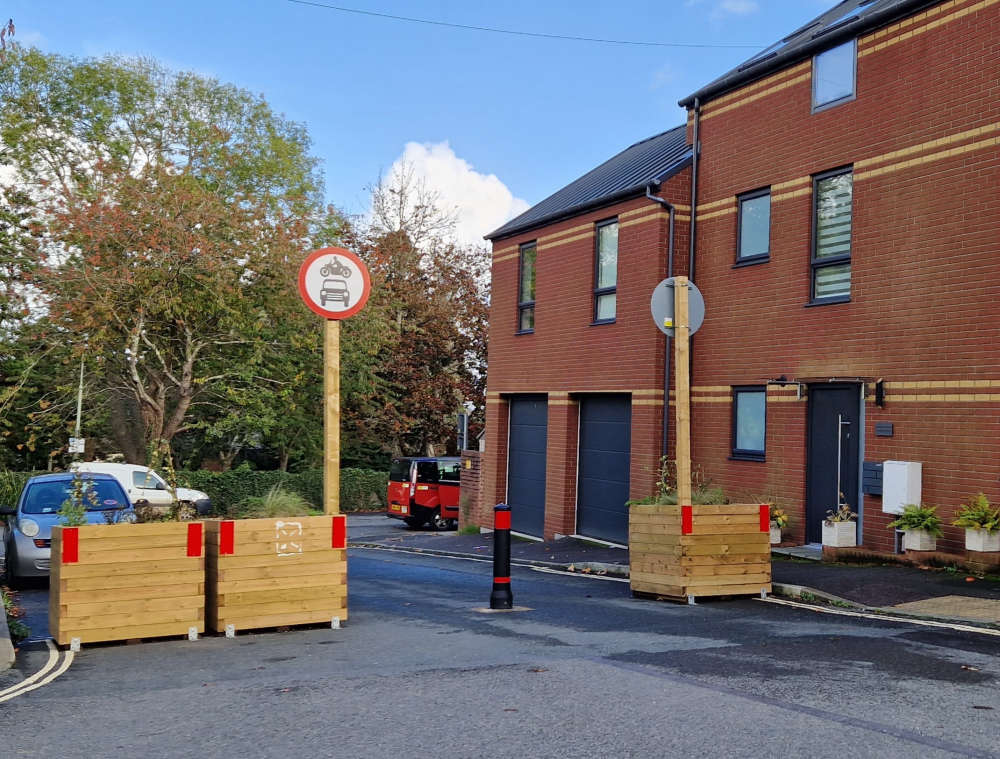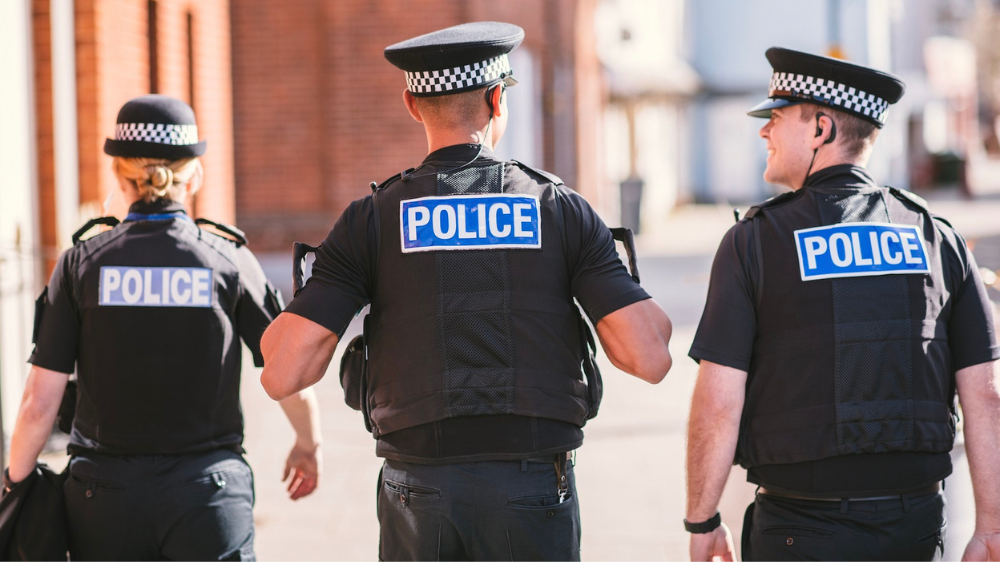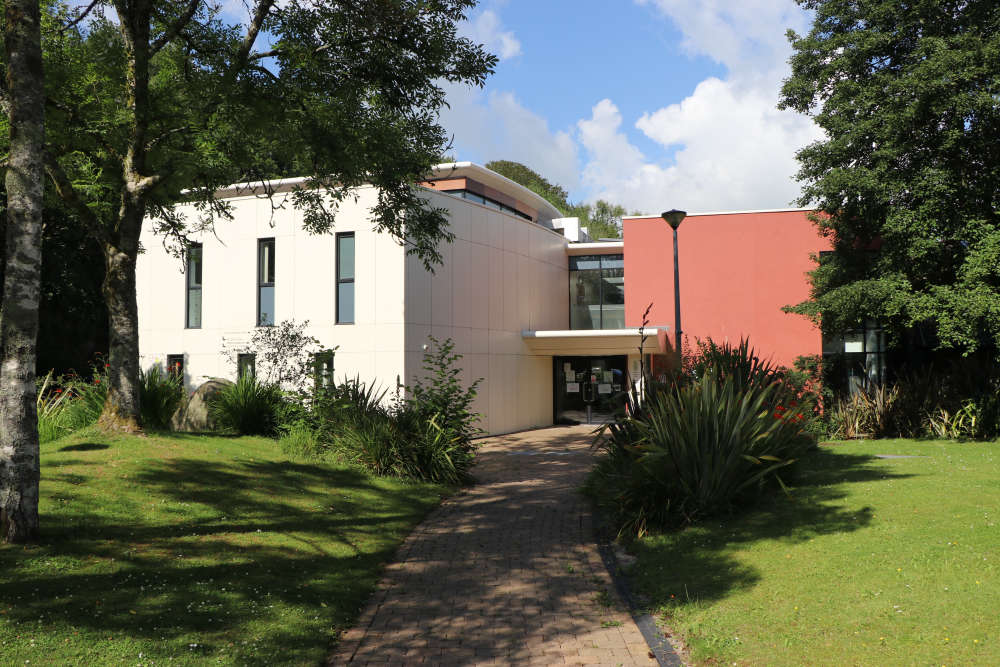
Negative impacts could outweigh benefits
Exeter’s controversial ‘Active Streets’ experiment which has prompted angry protests and petitions from thousands of objectors could be called off.
A report to the committee that set up the scheme says negative impacts could outweigh benefits.
Exeter’s highways and traffic orders committee will meet next week to assess the experiment and discuss the public’s resistance to it.
And a report from the council’s director of climate change, environment and transport says that if the situation does not improve by the end of next month, the council should consider suspending the trial.
It has been in place for five months in Heavitree and Whipton, and in theory the trial still has four months to run.
But next week’s meeting will hear that traffic on ‘boundary’ roads such as Polsloe Road and Hill Barton Road has increased by up to 20 per cent. Traffic is moving more slowly on both Pinhoe Road and Hill Barton Road.
Some bus journey times are longer in the Heavitree Road and Pinhoe Road areas.
The report says that out of 10 ‘indicators’ measuring the progress of the scheme, only two are performing well – those for traffic on residential roads and the number of cycling trips.
The increase in traffic on the boundary roads has been ‘significant’, it says, while there are also issues around slower journey times.
Three barriers and two bus gates have been installed in Heavitree and Whipton since the scheme started in August, along with changes to parking restrictions on Ladysmith Road.
The gates allow buses, taxis and private hire vehicles through, along with emergency services and bin lorries.
Five petitions have been submitted during the trial, with a total of more than 4,500 signatures. Just under 300 people signed one supporting the trial, while the others requested it be removed or called to allow better consultation with the public.
Each council meeting since the trial began has seen angry protests and a succession of public speakers arguing over the measures.
The report sums up: “The key measures of success that need to be met for the trial include public feedback supporting the view that the scheme has made travelling in the area easier, safer and more enjoyable, reduced motorised traffic volumes on residential streets and an increase in sustainable travel, and no worsening of air quality on East Wonford Hill.
“Whilst on many of the residential streets, traffic has reduced and active travel has increased, other metrics highlight concerns with the outcomes of the trial, such as impact on bus services and increased traffic on boundary roads.”
 Students connect with elderly residents to combat loneliness
Students connect with elderly residents to combat loneliness
 Crackdown on anti-social behaviour in Plymouth
Crackdown on anti-social behaviour in Plymouth
 £1.6 million for more energy efficiency Devon home upgrades
£1.6 million for more energy efficiency Devon home upgrades
 SWW to build huge new Churston solar farm
SWW to build huge new Churston solar farm
 MP highlights Devon's dentistry 'crisis'
MP highlights Devon's dentistry 'crisis'
